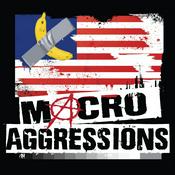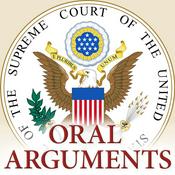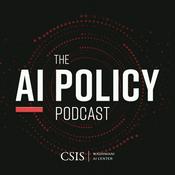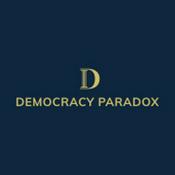40 Episoden

She Spent Life Savings on Salon…City Council: “Nope.”
02.12.2025 | 24 Min.
When Khalilah Few wanted to expand her natural hair salon business, she found a long-empty store front in Clayton County, Georgia, and spent her life savings renovating it. But she soon discovered that Clayton County singles out hair salons and barbershops for special restrictions. Because there are three other salons within several miles, the county told Khaliah she couldn’t open. Today we talk with IJ senior attorneys Renée Flaherty and Will Aronin to discuss how Georgia protects the right to earn an honest living and how IJ will make sure Khalilah and other entrepreneurs can open for business. https://youtu.be/5kN_buJhpvY Become a Monthly Donor Are you looking for a rewarding and consistent way to support IJ’s work? Become a member of our Merry Band of Monthly Donors and stand shoulder to shoulder with our clients every month of the year. Donate now

Indian Country | Season 3, Ep. 14
14.10.2025 | 1 Std. 11 Min.
In our final episode of the season, we head to Indian Country and survey several strands of Supreme Court precedent that prevent Native Americans from putting their property to peaceful and productive use. Click here for transcript. United States v. Kagama Cobell v. Norton

Neat Takings Tricks | Season 3, Ep. 13
16.6.2025 | 1 Std. 12 Min.
The Fifth Amendment says that the government must pay just compensation when it takes private property for public use, a command that, regrettably, is often treated as a mere suggestion. On this episode, we take a look at a variety of gambits and flim-flammeries that let the government take property without paying for it. Click here for episode transcript. Agins v. Tiburon First English v. County of Los Angeles

Trust But Verify | Season 3, Ep. 12
24.4.2025 | 46 Min.
In 1973, federal narcotics agents raided a pair of homes in Collinsville, Illinois by mistake. They didn't find any drugs, but they did terrorize two innocent families. The incident sparked nationwide outrage, and in response Congress passed legislation crafting a legal remedy for victims of federal law enforcement abuses. Over the years, however, lower courts have chipped away at the law to the point where it has essentially been repealed: Last year, a federal appeals court rejected claims from an innocent family, the Martin family, who were held at gunpoint after the FBI mistakenly raided their home in Atlanta. Fortunately, next week, on April 29, 2025, the Supreme Court will hold oral argument in Martin v. United States, and IJ will urge the justices to reverse course. On this episode, we explore the Federal Tort Claims Act, which was originally enacted in 1946 and then amended in 1974, to create a remedy for wrongful acts by government officials. We feature guests who worked on getting the 1974 amendment, called the law-enforcement proviso, passed into law. Click here for episode transcript. Martin v. United States (Eleventh Circuit opinion)

Everything You Eat, Drink, and Wear | Season 3, Ep. 11
30.1.2025
Government officials must obtain a warrant before forcibly entering a home (absent consent or an emergency). That rule goes back to the Founding. But in a series of cases, culminating in Camara v. San Francisco in 1967, the Supreme Court announced an ahistorical exception, holding that the Fourth Amendment is less protective when it is a health inspector, rather than a police officer, knocking at the door. On this episode, we hear from Marshall Krause, who argued Camara on behalf of the ACLU of Northern California. And we head to Pottstown, Pennsylvania, where a challenge to the borough's rental inspection program lays bare the cost of ignoring traditional limits on government power. Click here for episode transcript. Frank v. Maryland Camara v. San Francisco
Weitere Regierung Podcasts
Trending Regierung Podcasts
Über Bound By Oath by IJ
Höre Bound By Oath by IJ, HEERgehört - Der Bundesheer-Podcast und viele andere Podcasts aus aller Welt mit der radio.at-App
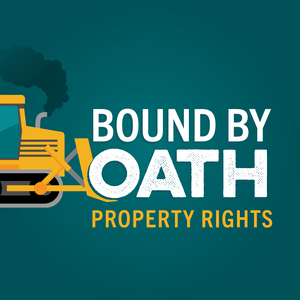
Hol dir die kostenlose radio.at App
- Sender und Podcasts favorisieren
- Streamen via Wifi oder Bluetooth
- Unterstützt Carplay & Android Auto
- viele weitere App Funktionen
Hol dir die kostenlose radio.at App
- Sender und Podcasts favorisieren
- Streamen via Wifi oder Bluetooth
- Unterstützt Carplay & Android Auto
- viele weitere App Funktionen


Bound By Oath by IJ
App laden,
loshören.







